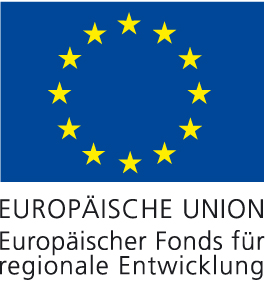The research that this slideshow summarises sets out to explore why our democratic models are failing in the face of the interactive web and its endless opportunities for exchange and dialogue, and how a better democratic model – taking these opportunities into consideration – could be designed.
Suche
Sign up for the CDC Newsletter!
Aktuelle Kommentare
- Rundfunkurteile des Bundesverfassungsgerichts « vgrass.de on Rundfunkstaatsverträge
- Rundfunkstaatsverträge « vgrass.de on Rundfunkurteile des Bundesverfassungsgerichts
- Heinz Herzog on Projektbroschüre
- Re-inventing Democracy: “Wenn liquid wird kommen”, an interview with Axel Kistner and Andreas Nitsche | P2P Foundation on Forschung
- Re-inventing Democracy: Understanding the Origins of Liquid Democracy, an Interview with Rüdiger Weis | P2P Foundation on Forschung
 CDC: Hybrid Publishing Lab
CDC: Hybrid Publishing Lab CDC: Post-Media Lab
CDC: Post-Media LabCDC
CDC Labs- Institute of the Culture and Aesthetics of Digital Media (ICAM)
- Media Cultures of Computer Simulation
- Digital Cultures Research Lab (DCRL)
- Hybrid Publishing Lab (HPL)
- Gamification Lab (GL)
- Public Service Media 2.0 Lab (PSM 2.0)
- Common Media Lab (CML)
- Leuphana Arts Program (LAP)
- Moving Image Lab (MIL)
Grundversorgung 2.0 auf Social Media
Freunde und Kollegen
- bitGilde
- c-base
- Carta
- DialogN
- FB Informatik und Gesellschaft der GI
- Gesellschaft für Medienwissenschaft (GfM)
- Grupo de Pesquisa em Políticas Públicas para o Acesso à Informação (GPOPAI), Universidade de São Paulo
- Hausmarke
- Informatik in Bildung und Gesellschaft, Humboldt-Universität
- Institut für Medien- und Kommunikationspolitik (IfM)
- Institute of Network Cultures
- Leuphana Arts Program (LAP)
- P2P Foundation
- Vilém Flusser Archiv
Meta






